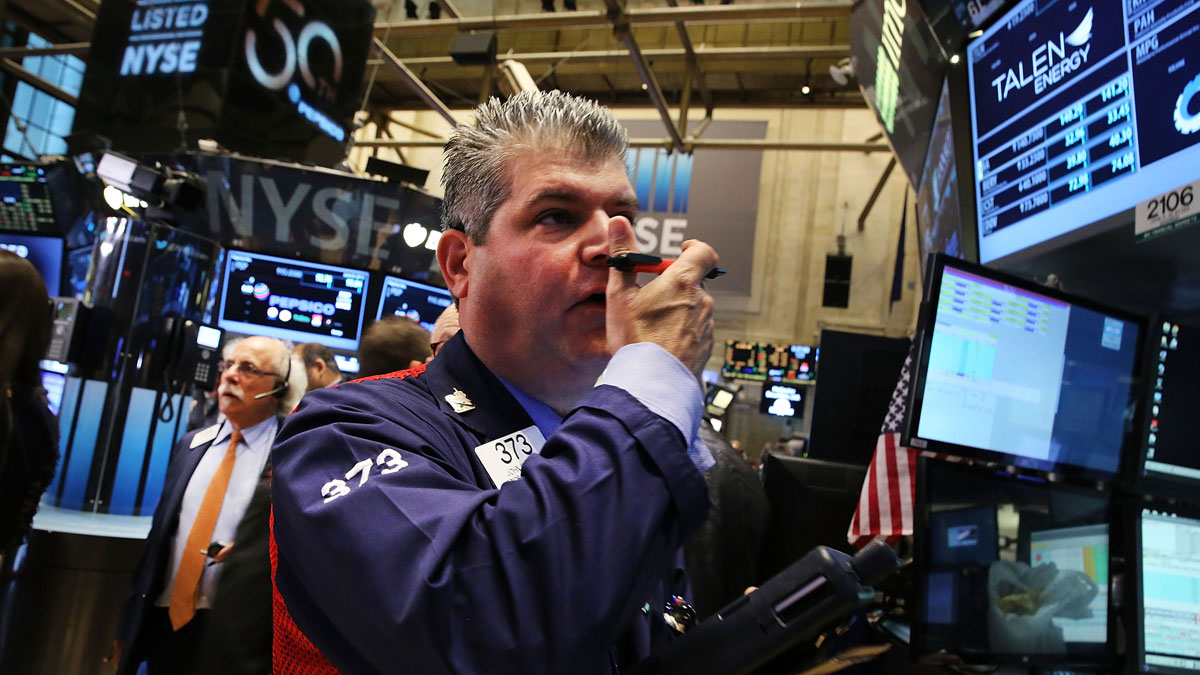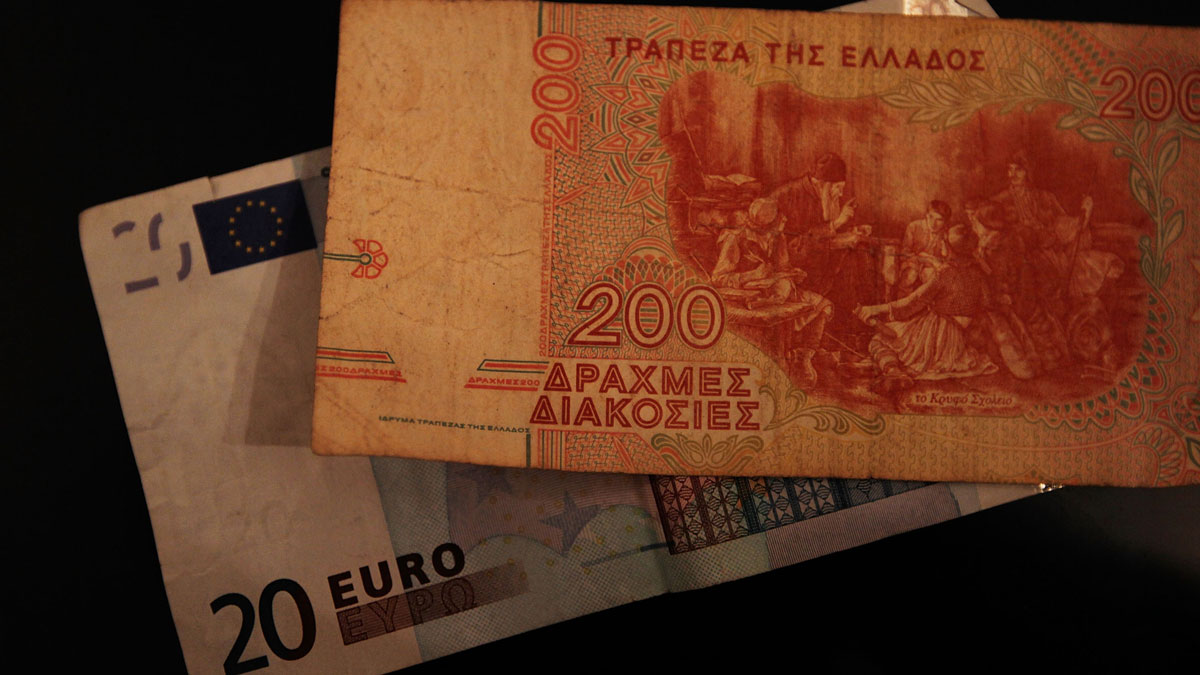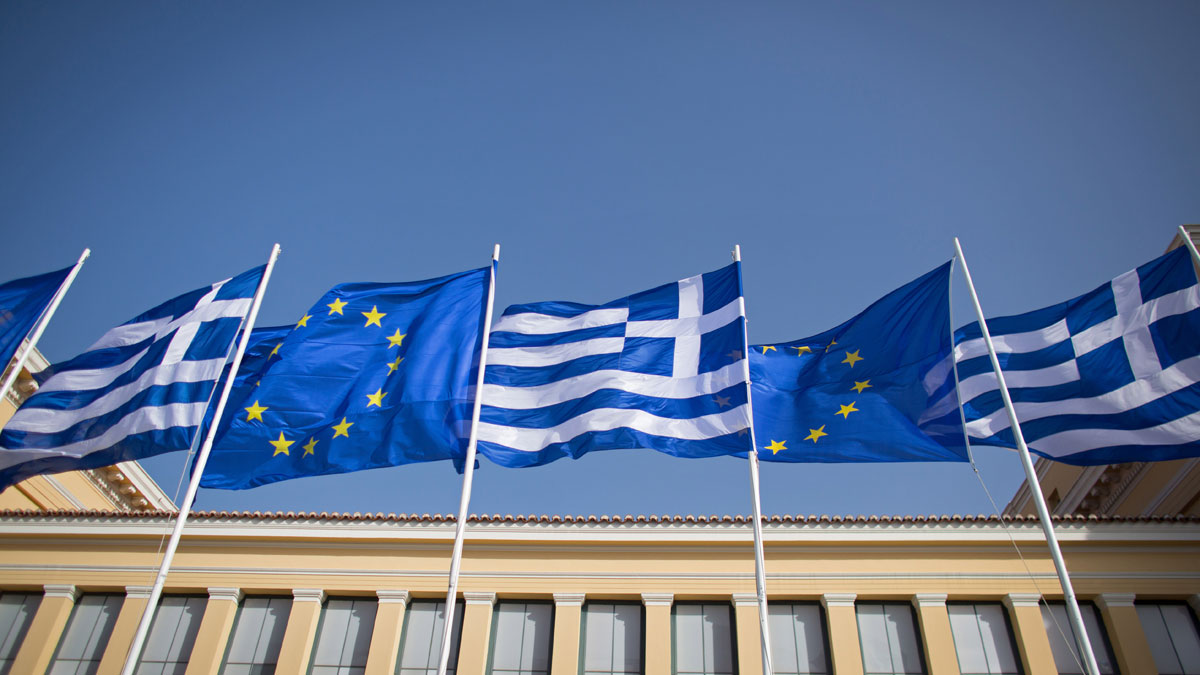Greece finally reaches deal to release €12bn bailout funds
ECB stress tests show country's banks needs €14bn to fill a capital shortfall

A free daily email with the biggest news stories of the day – and the best features from TheWeek.com
You are now subscribed
Your newsletter sign-up was successful
Grexit: Greece given five days to solve crisis or face 'catastrophe'
8 July
Greece has been given until Sunday to reach a deal with its creditors or face bankruptcy and an exit from the eurozone.
"The stark reality is that we have only five days left," said president of the European Council, Donald Tusk, speaking after leaders failed to break the deadlock at an emergency summit in Brussels.
The Week
Escape your echo chamber. Get the facts behind the news, plus analysis from multiple perspectives.

Sign up for The Week's Free Newsletters
From our morning news briefing to a weekly Good News Newsletter, get the best of The Week delivered directly to your inbox.
From our morning news briefing to a weekly Good News Newsletter, get the best of The Week delivered directly to your inbox.
"Until now I have avoided talking about deadlines, but tonight I have to say loud and clear that the final deadline ends this week."
He described the decision confronting Greece and the rest of the eurozone as the most critical moment in the history of the currency union and the wider EU, reports the BBC.
Athens has been instructed to submit a loan request and reform plan by Friday, which will be discussed by eurozone finance ministers the following day. Leaders from all 28 EU countries will then meet on Sunday to decide Greece's fate.
"The ball is in Greece's court," said Italian prime minister Matteo Renzi. "This could be the last meeting about Greece."
A free daily email with the biggest news stories of the day – and the best features from TheWeek.com
EU leaders insist the deadline is not a bluff – they have drawn up extensive contingency plans for Greece exiting the currency union. "We have a Grexit scenario prepared in detail," said European Commission president Jean-Claude Juncker.
Greek prime minister Alexis Tsipras and his new finance minister Euclid Tsakalotos have said they want a "socially just and economically viable agreement" that includes major debt restricting and measures to encourage economic growth.
Despite strict capital controls, the country's banks are quickly running out of cash, and the European Central Bank (ECB) has refused to increase emergency lending. However, French President Francois Hollande said it would ensure minimum liquidity for Greece until Sunday.
The European bank has warned that a failure to reach a deal before the deadline would force it to pull the plug on its support for Greek banks all together, says The Guardian.
"The Greek economy is on the brink of a catastrophe," said Christian Noyer from the ECB decision-making body. "There must be an agreement next Sunday at the very latest. After that it will be too late and the consequences will be grave."
Grexit: 'last real chance' for Greece as emergency talks begin
7 July
Alexis Tsipras, the Greek prime minister, will present eurozone leaders with new proposals at an emergency summit in Brussels today in a last-ditch attempt to prevent Greece from leaving the single currency.
The leaders of France and Germany have called on Tsipras to make "serious, credible proposals" and warned him there is no time for bluffs. "We are now waiting for precise proposals from the Greek prime minister, for a programme that will allow Greece to return to prosperity," said German chancellor Angela Merkel.
But Tsipras – "emboldened" by a referendum in which Greek voters rejected the international bailout terms – is expected to push for his country's debt to be cut by up to 30 per cent, and to ask for immediate help to keep the banks afloat, reports the BBC.
In return, Athens is promising to deliver "credible reforms based on the fair distribution of the burden and the promotion of growth with the smallest possible recessionary impact."The country's struggling banks are set to remain closed on Tuesday and Wednesday – despite promises that they would reopen – with withdrawal limits of €60 per day still in place. Today's emergency meeting is seen as "one of the last real chances" for a deal to prevent economic collapse and Greece crashing out of the euro, says The Guardian.The new Greek finance minister, Euclid Tsakalotos, who replaced the outspoken Yanis Varoufakis after he resigned on Monday, will be at the centre of the latest round of negotiations. The "mild-mannered" Oxford-educated professor's less confrontational style will be welcomed by Greece's international creditors – "although few expect him to be a pushover," says the BBC. German chancellor Angela Merkel and French President Francois Hollande have both said that the "door is still open" for debt negotiations. However, talks have revealed a split in the European response to the Greek crisis, with France insisting that the eurozone cannot risk a Grexit, and that a basis for a deal still exists, while Germany is reluctant to make compromises.
"Hopes of a breakthrough are not high," says The Guardian. "Most bank analysts see a Greek exit from the eurozone as the most likely scenario."
Grexit: as Greece says No, what next for the eurozone?
06 July
The Greek electorate has voted 61 per cent to 39 per cent to reject a bailout package offered by its EU creditors. Greeks turned out yesterday to vote "oxi" ("no") as urged by their PM, Alexis Tsipras, who believed the result would strengthen his hand in negotiations.
Tsipras has hailed the ballot as a "brave choice", while his finance minister Yanis Varoufakis dubbed it a "majestic, big Yes to a democratic, rational Europe", before stepping down from his post because he is so unpopular with the country's creditors.
It was not the result that German Chancellor Angela Merkel and French President Francois Hollande were hoping for. They agreed in a telephone call after Sunday's referendum that the result must "be respected".
They will meet in Paris today to discuss their response – and there will also be a statement from the European Commission.
The Asian stock markets, which begin trading hours before those in the West, reacted dramatically to the news from Greece. The euro fell to $1.1014 in Asian trading, the BBC reported. Hong Kong's Hang Seng index was down 3.5 per cent while Japan's Nikkei 225 closed 2.1 per cent lower and South Korea's Kospi fell by 1.6 per cent.
In Australia, A$30bn was wiped off the value of shares, says The Guardian. But the paper adds that the reaction across Asia was less extreme than might have been feared – with investors waiting to see how the European markets react over the course of today.
Goldman Sachs predicted last week that the FTSE 100 could fall by 10 per cent. That would be an enormous decline, says The Guardian's Nils Pratley, but "almost any prediction is credible in the current climate". He suggests two per cent as more likely, however.
After Sunday's vote, we're back to the uncertain days of 2008, when world markets were wildly unstable following the credit crisis, says Pratley. The big question is whether bond markets in other struggling eurozone nations will be affected.
All eyes will be on the European Central Bank (ECB), to see if it cuts off support for Greek banks, and whether it is prepared to intervene to protect the bonds of eurozone countries and help prevent financial contagion.
But Bloomberg warns readers not to expect a quick reaction from the ECB, which may "choose to buy time for politicians" to discuss the referendum, not wanting to issue a statement before Merkel and Hollande meet.
Is this a victory for democracy? The Greek people have said No to "suffocating terms" says The Guardian. The creditors "should have shown humility about the abject failure of five years of imposed austerity".
Now forcing Greece out of the euro will produce "no upside" for anyone in the eurozone. Instead, the creditors must shore up the single currency and have "the honesty to admit that the full Greek debts will not be repaid", says the newspaper.
Of course "the far Left and far Right" would see the news as a "triumph of democracy", says the Daily Telegraph's Tim Stanley – but this is missing the point. Greece isn't fighting for self-determination, it's fighting to survive.
Economic conservatives "regard the whole thing as a morality play about socialism and debt", says Stanley – but it's time for some sorely-needed compassion. Greece has admitted overspending, says Stanley, and now its time for the EU to "forgive and restructure the debt", presumably with a less austere bailout package.
-
 Trump wants a weaker dollar but economists aren’t so sure
Trump wants a weaker dollar but economists aren’t so sureTalking Points A weaker dollar can make imports more expensive but also boost gold
-
 Political cartoons for February 3
Political cartoons for February 3Cartoons Tuesday’s political cartoons include empty seats, the worst of the worst of bunnies, and more
-
 Trump’s Kennedy Center closure plan draws ire
Trump’s Kennedy Center closure plan draws ireSpeed Read Trump said he will close the center for two years for ‘renovations’
-
 Majority of Greeks regret joining euro
Majority of Greeks regret joining euroSpeed Read Fifty-three per cent say it was 'wrong' to join single currency - and feeling is strongest among the young
-
 US stock markets fall after Greek vote
US stock markets fall after Greek voteSpeed Read Wall Street slide mirrors falls in Asia and Europe as global 'Grexit' jitters take hold
-
 'Leap' second: how much was it worth?
'Leap' second: how much was it worth?In Depth During yesterday's extra second, Apple earned about twice the average UK weekly salary
-
 Greek crisis: a case of history repeating itself
Greek crisis: a case of history repeating itselfIn Depth If Greece leaves the euro, it won't be the first monetary exit for the Hellenic Republic
-
 Greece crisis: has bailout ended threat of Grexit?
Greece crisis: has bailout ended threat of Grexit?In Depth Economic targets remain ambitious and the political situation is far from settled